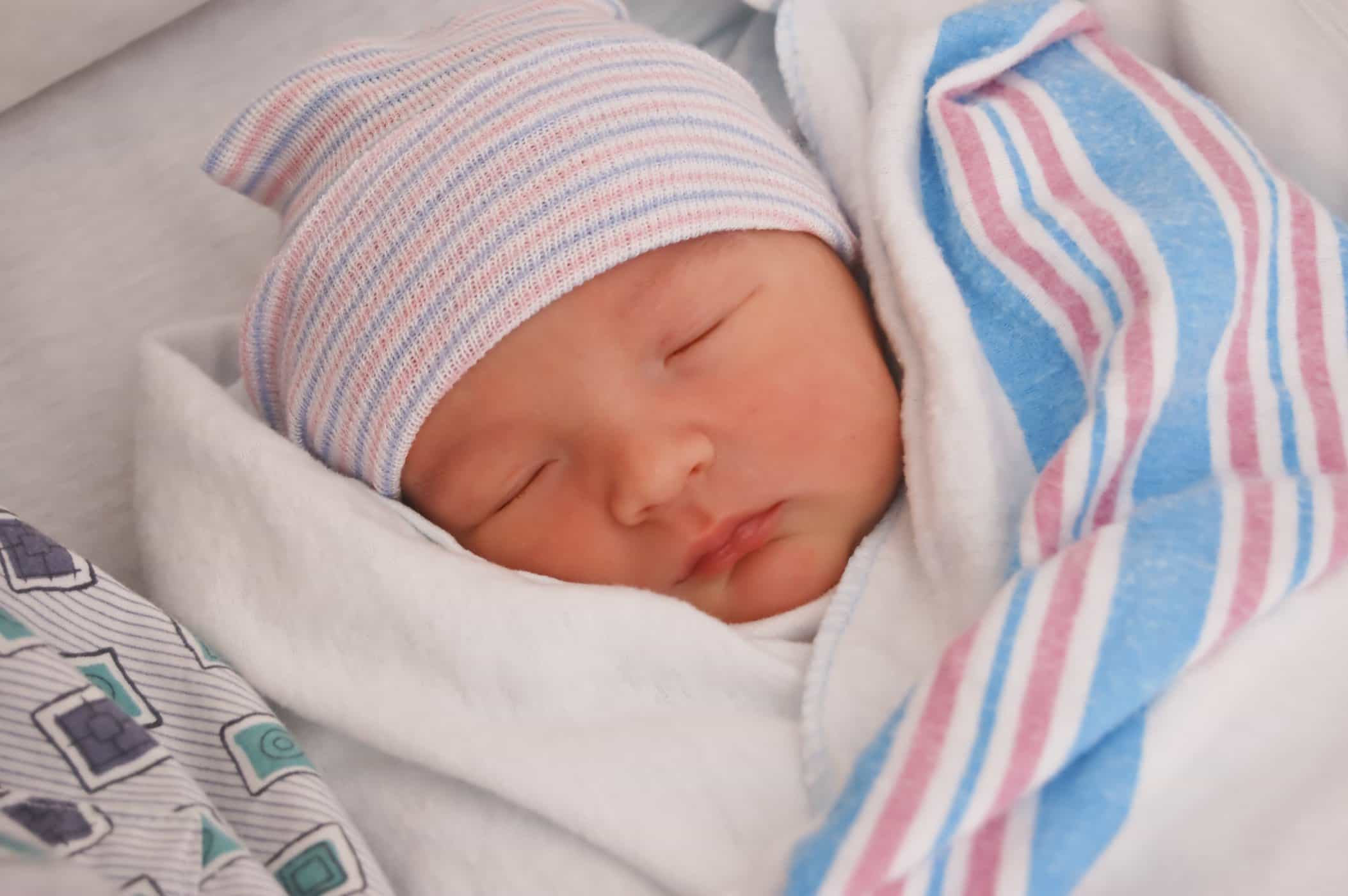Contents:
- Medical Video: Managing Worry and Anxiety for Kids
- Other ways to reduce nervousness in children
- When is help needed?
Medical Video: Managing Worry and Anxiety for Kids
If your child experiences nervousness, many parents can do to help. First, it's important to talk to your child about nervousness or anxiety. Convince your child and show that you understand their feelings. If your child is more mature, you can explain what nervousness is and its effects on the body.
It is important to help them find a solution. Focus on finding solutions together with children rather than just repeating your anxiety statement and talking about bad things that might happen. Get to know the child's nervousness, then help them find ways to overcome anxiety.
In smaller children, you can use certain strategies. For example, you can take your child to a friend's birthday, knock on the door, and talk to his parents, but your child will give a gift to his friend. But the more your child grows up, they must begin to learn this social ability by themselves. You will not always be there and help their problems every time.
Other ways to reduce nervousness in children
Teach your child to recognize symptoms when he feels nervous or anxious, and looks for help when these symptoms strike.
Children feel more calm when undergoing a routine. If your child is feeling nervous, try to keep up the daily routine as much as possible.
If your child is nervous about certain events, such as loss or separation, try to find books or films that can help them understand their feelings.
If you know of a change that will occur, such as moving a house, prepare your child by talking to them about what will happen and why.
Try not to feel anxious and overprotective. Instead of doing things for your child or preventing situations that cause anxiety, help the child to find ways to deal with the situation.
Practice simple relaxation techniques with children, such as breathing slowly and deeply in a matter of three and sighing in a count of three.
Distraction can help small children. For example, if your child is anxious about visiting a day care center, play a game on the way to the place, such as racing to find a red car. This can divert attention from the cause of nervousness, and reduce anxiety more neutral.
Use the used tissue box as an "anxious" box. Your child can write or draw their anxiety and put it in the box. You can see the contents of this box together at the end of the day or week.
When is help needed?
If your child's nervousness is serious, continues, and interferes with daily activities, you can try to seek help. Some children will stop fidgeting on their own, but if left untreated in childhood, this can continue into adulthood.
Visiting a doctor is the right first step. If a child's anxiety affects school life, you can also consult with the school.
Hello Health Group does not provide medical advice, diagnosis or treatment.












